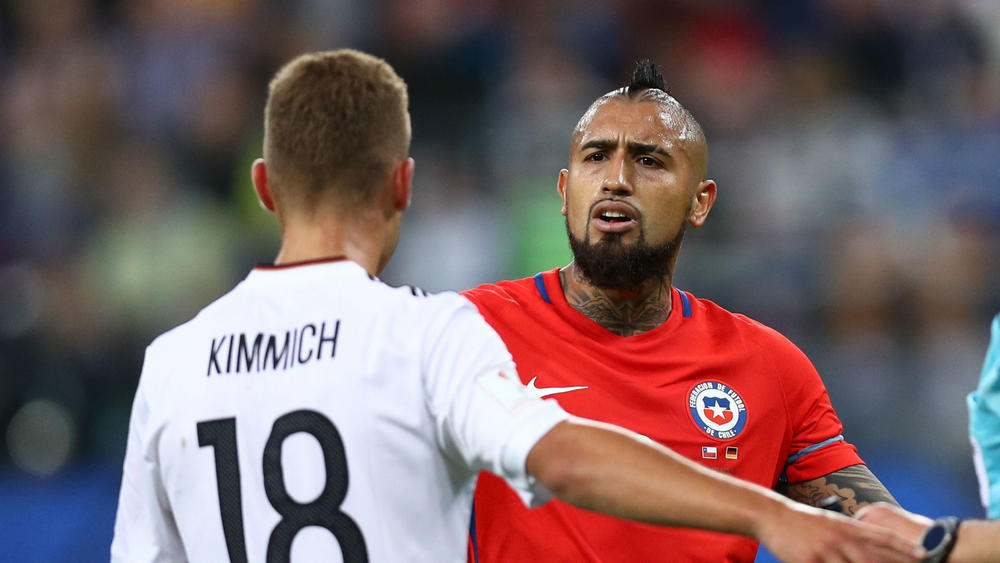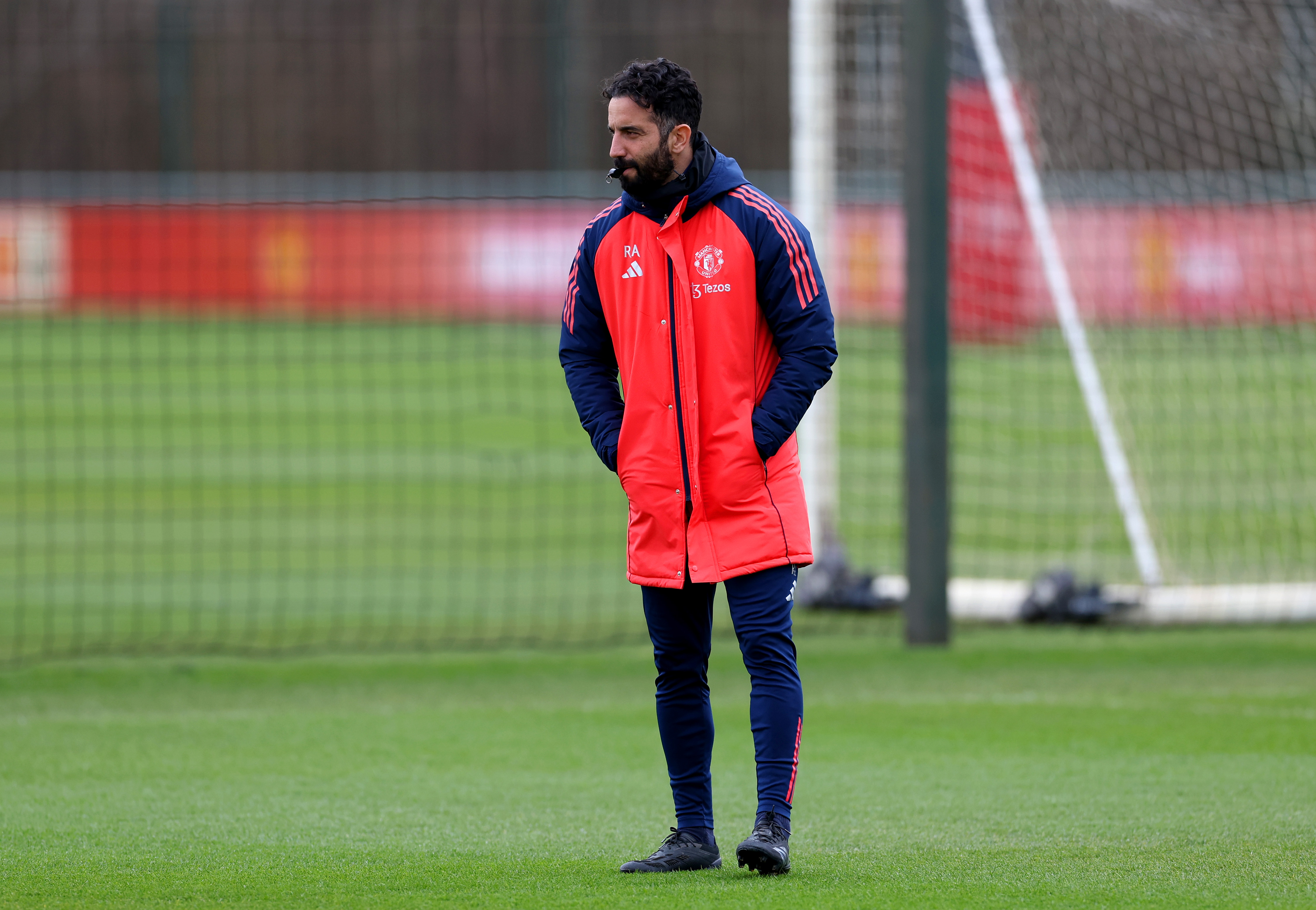Chile and Germany's passion and pride a fillip for international football
Germany's gripping 1-0 win over Chile in St Petersburg was the final act of the Confederations Cup and it was some way to go.

It was a small mercy for Lars Stindl that his opening goal in the 1-0 Confederations Cup final victory over Chile came so invitingly gift-wrapped.
After the brutal, relentless torment La Roja had wrought upon their opponents over the first 20 minutes of a breathless affair in St Petersburg, a more complicated task than slotting into an empty net from five yards might have resulted in any player in white simply collapsing in a heap.
The second clash in this tournament of a closely knit, passionate side with an unshakable belief that this is their time and a youthful, gifted collective knowing their best days are still to come was again a captivating spectacle.
Make no mistake - this mattered.
Before the match, Germany captain Julian Draxler and coach Joachim Low cautioned against repeating the sluggish start they made in the 1-1 draw in Kazan, when Alexis Sanchez gave Chile a deserved early lead. Those plans counted for little as a relentless red wave crashed into them repeatedly.
Victory on the back of their 2015 and 2016 Copa America triumphs would make Chile the best team in the world, Arturo Vidal said before the match. He and his colleagues began like this was an indisputable title and not the opinion of one fantastically tattooed midfielder.
The Bayern Munich man and Arsenal's Sanchez were to the fore in the opening exchanges, but this band of brothers are about so much more than their star men. Eduardo Vargas and Jean Beausejour left the European leagues as also-rans but they are transformed in the burning red of their country.
Get FourFourTwo Newsletter
The best features, fun and footballing quizzes, straight to your inbox every week.
Bayer Leverkusen's Charles Aranguiz was comfortably the best Bundesliga player on the pitch early on – all intelligent industry, deft touches and precise movement.
That Chile anthem really is incredible. Vidal giving it his very best Zamarano July 2, 2017
Germany were on the rack but Sanchez spared them, fluffing his lines after Aranguiz bullied Draxler off the ball and Marc-Andre ter Stegen was unable to hold Vidal's drive.
Then it happened. Marcelo Diaz, who had the match in the palm of his hand from the base of Chile's midfield, erred inexplicably to present Timo Werner with possession. The RB Leipzig striker squared for Stindl to join him on three goals for the tournament.
Although Aranguiz should have hit back swiftly when Mauricio Isla rampaged into the Germany box, the contest flipped. Sanchez was suddenly trying too hard in anguish as a chastened Diaz disappeared from view.
That allowed Germany the open spaces in which they thrive. Draxler started to purr and went close after tournament standout Leon Goretzka drilled agonisingly wide on the end of a delicious throughball from Sebastian Rudy.
Chile needed the half-time whistle and huddled for a talk on the field when it arrived. The consensus seemed to be they would see how Low's bright young things fancied some roughhousing.
The answer was Germany would stand up and give little quarter. The prodigious Joshua Kimmich and Vidal were booked for a disagreement that might need to be settled during pre-season training in Bavaria, while Milorad Mazic showed his future might lie in diplomacy rather than refereeing when he only booked Gonzalo Jara for a VAR-referred elbow on Werner.
Chile's vein-popping intensity as they launched their final assault was encapsulated by Vidal repeatedly battering the turf when he smashed over inside the final 15 minutes.
Winners' selfie July 2, 2017
As the tension began to suffocate, it was easy to forget the empty stands and low-key feel of the past two weeks. A team battling for their place in history tore around with the boundless energy of the younger men in opposition, who, playing with an eye on their futures, found reserves of mental strength beyond their years.
Germany, with their returning stars but probably plenty of this batch, and Chile, probably looking more or less identical with another year of sweat and bruises to report, will be back for Russia 2018. As international football's importance dwindles in the eyes of some, we should cherish these wonderful nations.
